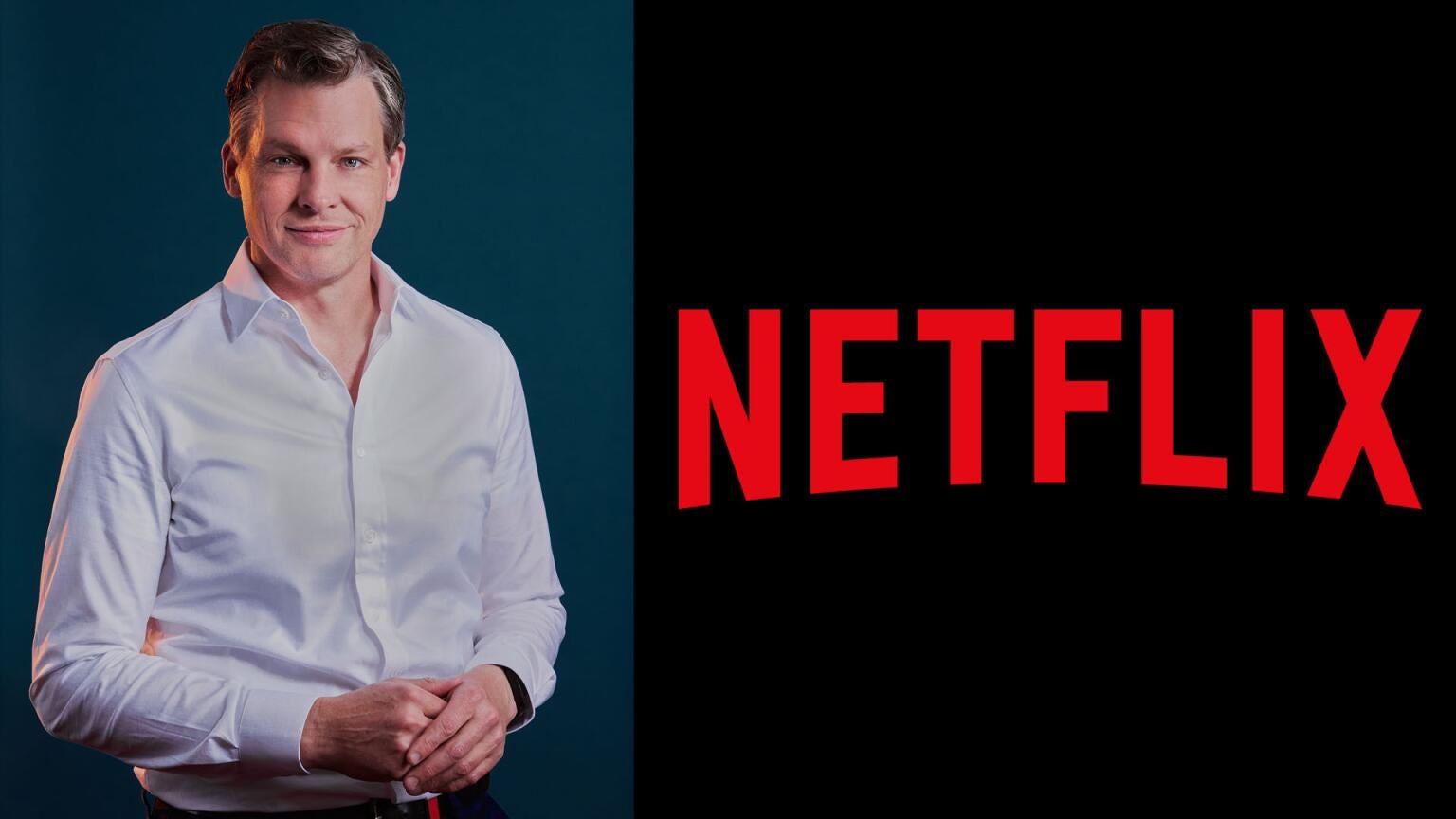Netflix Executive Hails Results of Password-Sharing Restrictions, but Will Other Streamers Have the Same Success?
Netflix Executive Hails Results of Password-Sharing Restrictions, but Will Other Streamers Have the Same Success?
Disney+ and Max are the next streamers that will hand down rules against account sharing, and they may not fare as well as Netflix.

It’s hard to remember that in 2022, Netflix saw two straight quarters of global subscriber losses. The streamer’s success since then has made those stumbles fade from memory, and the positive pattern continued this week when Netflix announced that it had added 9.3 million more subscribers to its global total. Password-sharing restrictions have been a big help to Netflix in its quest to add more customers, and despite anger from consumers regarding the rules, the company’s co-CEO Greg Peters told Wall Street analysts this week that households that pay for a Netflix account have not decreased viewing in the past year.
- Peters said that hours viewed on Netflix by paid subscribers remained “steady” from the first quarter of 2023.
- The streamer has experienced some viewership loss from audiences who were getting their account free.
- Disney’s streaming services and Warner Bros. Discovery’s Max will roll out restrictions next and could see a bigger churn reaction than Netflix has.
Get Disney+, Hulu, and ESPN+ for just $16.99 a month ($14 savings).

Discussing Netflix’s quarterly earnings reports with Wall Street analysts, Peters said that Netflix had internal data that “cut through the noise” surrounding its password-sharing restrictions. Netflix breaks out accounts that pay for the streamer as a different subset called “owner households,” and Peters said viewership has “remained steady” among this group as compared to the first quarter of 2023, showing that password-sharing rules have only had a big effect on viewers who weren’t already paying for Netflix in the first place.
Still, the decline in viewing hours from this cohort has affected engagement on Netflix overall, as Peters acknowledged during the call.
“We’re essentially cutting off some viewers who were not payers and therefore we’re going to lose some viewing [time] associated with that,” he explained to analysts. “Despite that impact, and despite the general pressure from strong competition, we think our engagement remains healthy.”
Netflix first rolled out its restrictions on sharing accounts in May 2023. It allows account owners to add a viewer not living in their household for an extra $7.99 per month, or for $6.99 per month non-paid Netflix watchers can sign up for their own ad-supported account.
Will Other Streamers Be as Successful as Netflix in Enforcing Password-Sharing Rules?

Netflix saw a huge influx in new customers in the days following its password-sharing crackdown. In tandem with its decision to discontinue its least expensive ad-free tier last summer, Netflix’s password-sharing rules have driven large numbers of viewers to its ads plan. One recent report stated that Netflix had 7 million customers on its ad-supported tier in North America alone.
Disney is the next company that will begin enforcing rules against sharing streaming accounts. Disney+, Hulu and ESPN+ will begin restricting viewers' ability to share accounts in June, with wider implementation of restrictions coming in September. Warner Bros. Discovery CEO David Zaslav has indicated that rules against password-sharing are coming to Max as well, but no timeline has been given so far.
There’s reason to believe that these streamers might not see the same success as Netflix in keeping engagement as high once restrictions roll out. A 2023 survey found that Netflix was rated the most essential service on the market, and data shared in February by Antenna shows that it’s the least-canceled streamer of all platforms in the past four years.
Audiences clearly think of Netflix as a must-have. Disney+ and Hulu don’t trail that far behind Netflix in terms of customer appreciation for the services, but password-sharing restrictions are seen by most as highly unfriendly to consumers. Max already has a churn rate higher than the industry weighted average according to Antenna, and it could see an even bigger dip in engagement than Disney does if it rolls out rules against the sharing of accounts.
Netflix has spent years building its reputation as a leader in the streaming industry. That has created an aura of indispensability around the service among consumers, which has helped the streamer maintain its viewership metrics among customers who own accounts as password-sharing restrictions were handed down. Only time will tell if other streamers who try to curtail the sharing of accounts between households will see the same success or not.
-
Disney+
Disney+ is a video streaming service with over 13,000 series and films from Disney, Pixar, Marvel, Star Wars, National Geographic, The Muppets, and more. It is available in 61 countries and 21 languages. It is notable for its popular original series like “The Mandalorian,” “Ms. Marvel,” “Loki,” “Obi-Wan Kenobi,” and “Andor.”
-
Hulu
Hulu is a video streaming service that gives access to thousands of full seasons of exclusive series, hit movies, kids shows, and Hulu Originals like “Only Murders in the Building,” and “The Handmaid's Tale.”
-
Max
Max is a subscription video streaming service that gives access to the full HBO library, along with exclusive Max Originals. There are hubs for content from TLC, HGTV, Food Network, Discovery, TCM, Cartoon Network, Travel Channel, ID, and more. Watch hit series like “The Last of Us,” “House of the Dragon,” “Succession,” “Curb Your Enthusiasm,” and more. Thanks to the B/R Sports add-on, users can watch NBA, MLB, NHL, March Madness, and NASCAR events.



